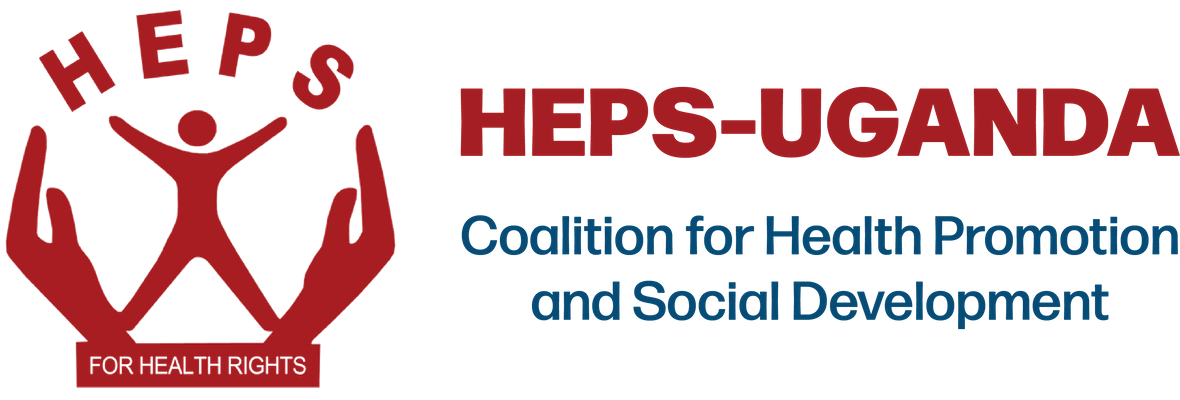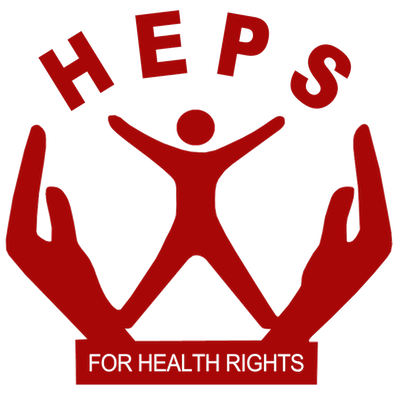Members of the Health Systems Advocacy Partnership (Health Action International/HEPS Uganda, ACHEST and AMREF) have developed a contextualized theory of change model for improving health systems in Uganda. This is a basis for the imminent intervention of the Health Systems Advocacy Partnership (HSA) and it was aimed at refining the theory of change and to elaborate on how we will translate it into concrete action.
While opening the ToC workshop, the Asst. Commissioner for Reproductive health at the Ministry of Health, Dr. Mihayo Placid commended the partnership for focusing resources on improving health systems to improve access and quality of sexual reproductive health in Uganda. The country director AMREF Uganda, Mr. Abenet Herbanu commended the strides already taken to give the project shape. He underscored the importance of having fully functional sexual reproductive health system in the country and called upon the local governments to give support to the project.
The HSA project partnership focuses on two of the six building blocks for Health Systems Strengthening , identified by the World Health Organization (WHO); Human Resources for Health and Medicines and Devices (Commodities). Sub-Saharan Africa bears by far the largest burden of the global HIV and AIDS. In 2012, roughly 25 million people were living with HIV, accounting for nearly 70 percent of the global total. In the same year, there were an estimated 1.6 million new HIV infections and 1.2 million AIDS-related deaths. In addition, the WHO estimates that there are annually approximately 93 million new cases of curable sexually transmitted infections (STIs) in the Sub-Saharan region.5 STIs can cause lasting infertility and cervical cancer.
Underlying causes for the poor SRHR and child health status in Uganda are many fold, and include poverty, low use of modern contraception, including male and female condoms, poor quality of health services, gender inequality and socio-cultural practices and beliefs. At the same time, poor sexual, reproductive and child health further contributes to poverty and enhances inequality, causing a vicious cycle of poverty, morbidity and mortality.
The HSA Partnership is focusing specifically on the contribution of failing health systems to poor health. Access to high-quality health services is crucial for prevention and treatment of HIV, STIs, safe pregnancy, delivery, neonatal and child health: Almost all maternal and child deaths can be prevented by timely access to health care. In Uganda, health systems are generally recognized as weak, which hinders progress on MDG4 and 5.
At the level of access, health service delivery suffers from low numbers and poor distribution of trained health workers and poor availability and affordability of live-saving medical commodities and devices. Lack of financial resources, poor governance and inadequate information systems contribute to this.
The project is going to be implemented in 6 pilot districts of Kisoro, Kabale, Serere, Soroti among others.






